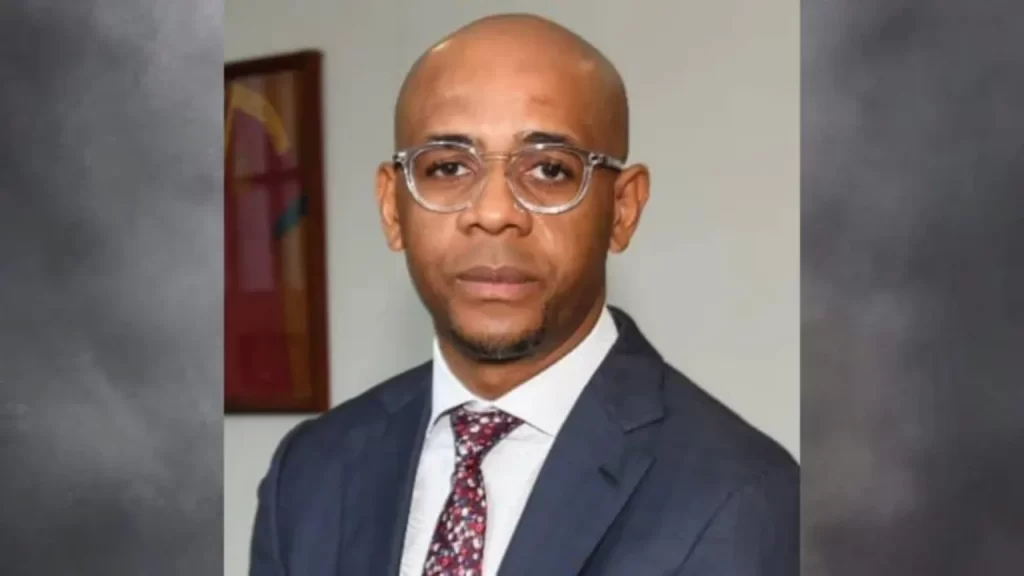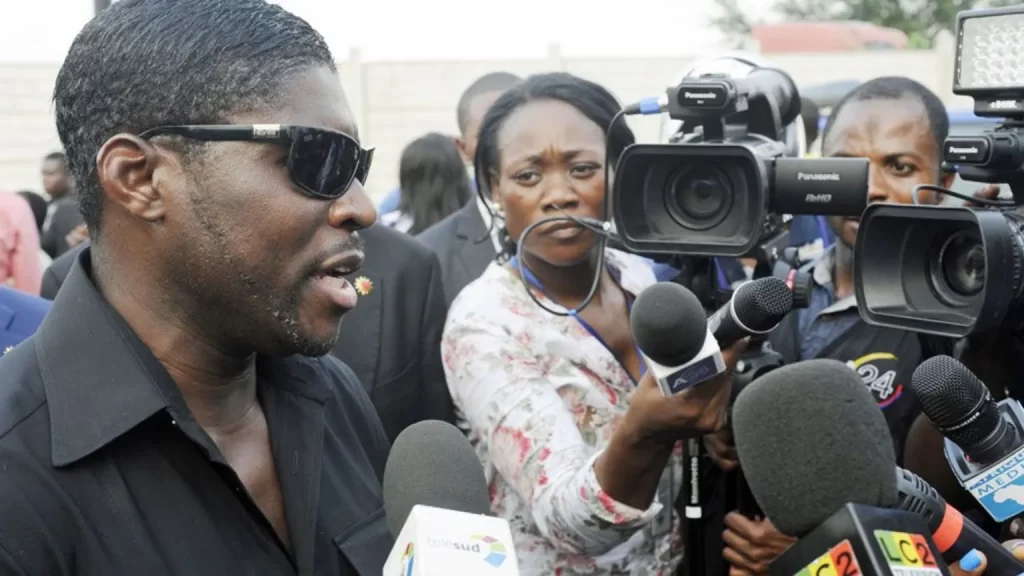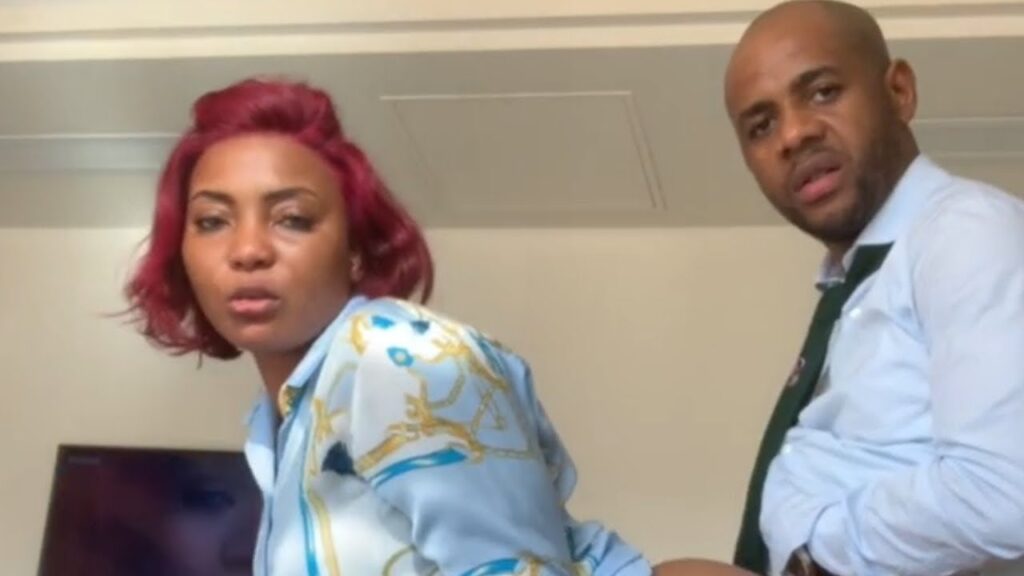A scandal involving hundreds of leaked intimate videos of a presidential nephew has exposed the intricate power dynamics shaping the succession battle in Equatorial Guinea, where 82-year-old President Teodoro Obiang Nguema has ruled since 1979.

Baltasar Ebang Engonga, known as “Bello” and head of the National Financial Investigation Agency, found himself at the center of controversy after an estimated 150 to 400 videos showing him in intimate encounters with various women, including wives and relatives of government officials, flooded social media platforms in recent weeks.
The scandal erupted shortly after Engonga’s October 25 arrest on charges of embezzling state funds to secret Cayman Islands accounts. Following his imprisonment in the notorious Black Beach prison, where government opponents allegedly face brutal treatment, his seized devices became the apparent source of the leaked footage.
“What we are seeing is the end of an era, the current president, and there is a succession question and this is the internal fighting we are seeing,” said Equatoguinean activist Nsang Christia Esimi Cruz in an interview with BBC Focus on Africa. Cruz suggests Vice-President Teodoro Obiang Mangue, the president’s son, is systematically eliminating potential succession rivals.

Vice-President Obiang, previously notorious for owning a $275,000 crystal-encrusted Michael Jackson glove and convicted of corruption in France, has attempted to position himself as an anti-corruption crusader. He ordered telecoms companies to stop the videos’ spread and mandated CCTV installation in government offices “to combat indecent and illicit acts.”
The scandal has drawn unprecedented international attention to the oil-rich nation of 1.7 million, where despite vast wealth among elites, most citizens live in poverty. The U.S. government reports arbitrary killings and torture under Obiang’s administration, which has eliminated meaningful opposition through imprisonment and exile.
Activists suggest the scandal serves multiple purposes: discrediting Engonga, whose father heads the regional economic union Cemac; providing pretext for social media restrictions that limit information flow; and demonstrating Vice-President Obiang’s authority ahead of eventual succession.

“Equatorial Guinea has much bigger problems than this sex scandal,” Cruz told reporters, representing rights organization GE Nuestra. “This sex scandal for us is just a symptom of the illness, it’s not the illness itself. It just shows how corrupt the system is.”
The incident highlights the government’s use of compromising information to eliminate political rivals, a common tactic in a nation where coup allegations fuel constant paranoia among the ruling elite. Police have invited women from the videos to file charges against Engonga for non-consensual sharing of intimate images, with one already announcing legal action.
Despite Vice-President Obiang’s efforts to contain the scandal, the videos continue circulating, pushing “Equatorial Guinea” to trend on social media across Africa, temporarily surpassing interest in the U.S. election in several countries.



